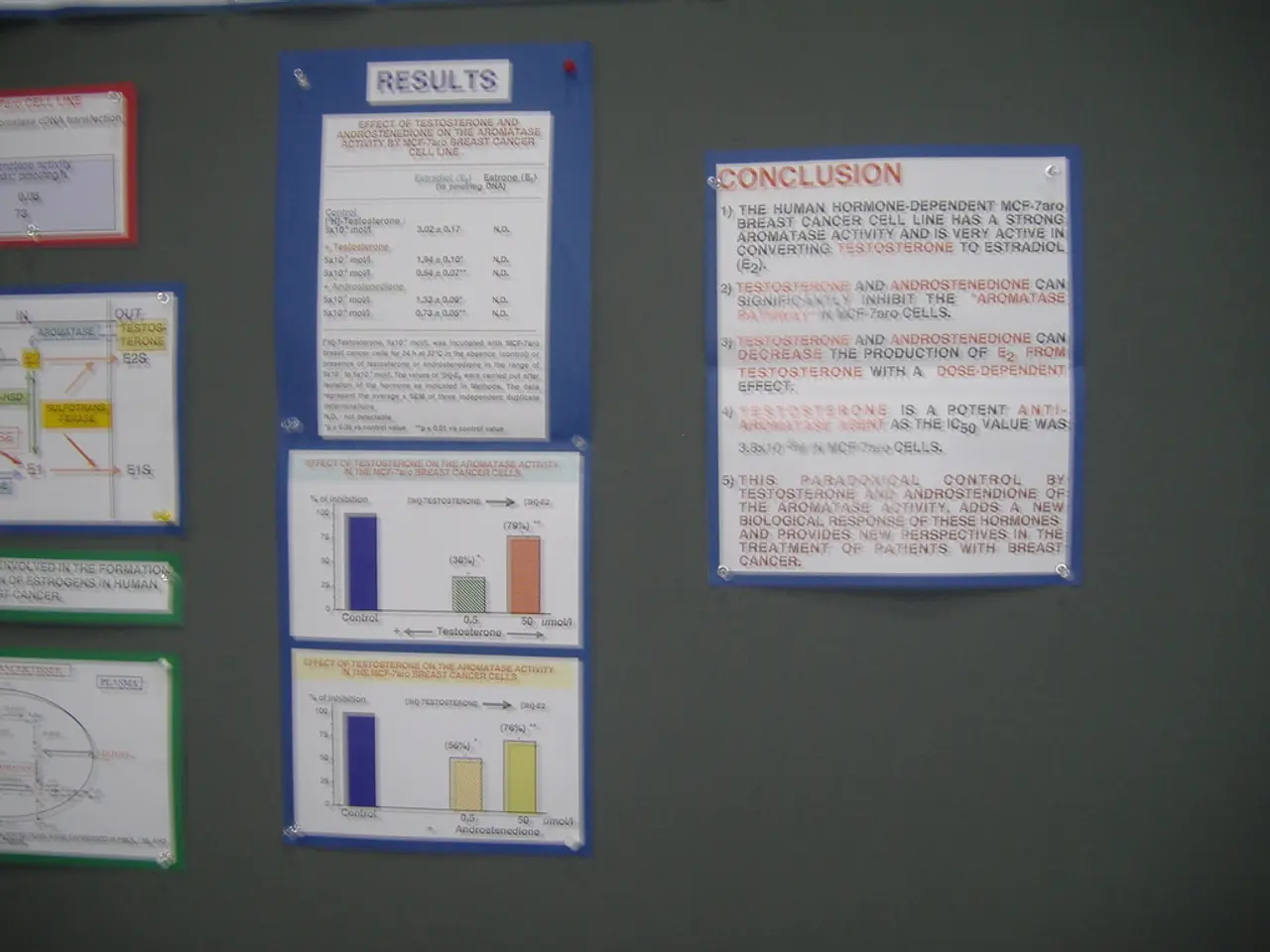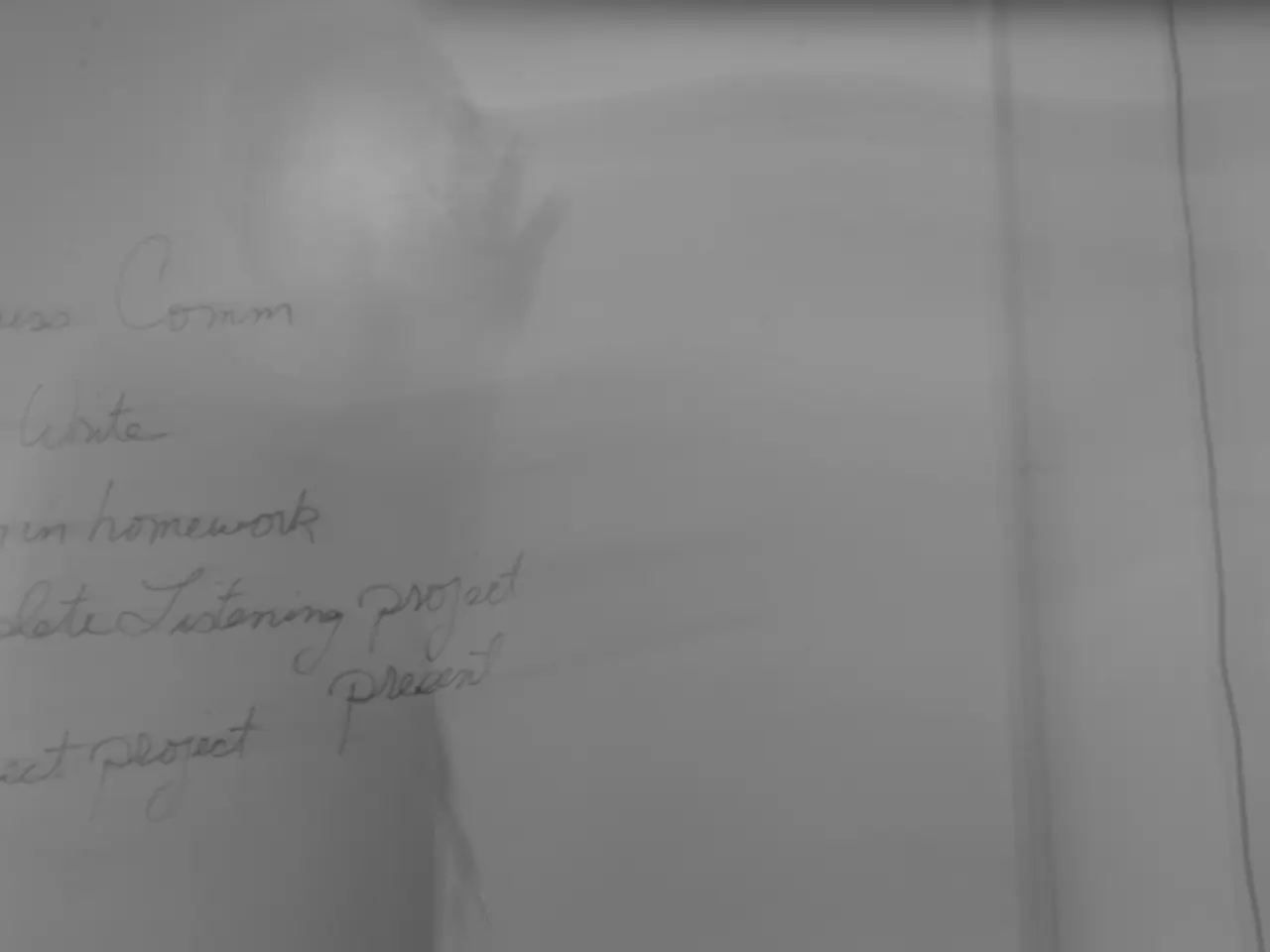Alert for Business Locations: Plastics Industry in Germany Faces Grave Struggles
The German plastics industry is navigating a significant transformation towards a circular economy, presenting both challenges and opportunities for success, according to a recent study commissioned by BKV GmbH.
### Challenges
The transition to a circular economy in the plastics sector is not without its hurdles. Economic competitiveness and sustainability tension, high investment needs, the pain of adjustment, and complex regulatory compliance are some of the key challenges facing the industry.
The industry is under pressure to balance competitiveness with sustainability efforts, as efforts to build a circular plastics system could be undermined if manufacturers struggle economically or if Europe loses its competitive edge globally. Achieving circularity demands massive investments in new infrastructure and innovation, which currently are insufficient, and without urgent and bold policy support, the transition risks delays or failure.
The transition also affects all stakeholders, particularly economically weaker players who fear they might not keep up with new standards or technologies. Managing this "pain of adjustment" while ensuring a just transition is a significant challenge. With tightening EU regulations, such as the Packaging and Packaging Waste Regulation (PPWR) and extended producer responsibility (EPR), companies must adapt their processes, product design, and logistics to comply with more stringent sustainability and recycling requirements.
### Opportunities
Despite the challenges, the transition to a circular economy presents numerous opportunities for the German plastics industry. Innovation and new technologies, emission reduction potential, sustainability as a market driver, and holistic lifestyle and consumption changes are some of the key opportunities.
Companies like BASF are scaling up complementary recycling technologies and developing product portfolios with significantly lower carbon footprints, such as polyamides with net zero CO2 footprint, showing tangible progress toward circular plastics. The European plastics system has the potential to reduce greenhouse gas emissions by 28% by 2030 and achieve net-zero by 2050, with circular plastics fulfilling up to 65% of demand by mid-century.
There is growing awareness and demand for sustainability from consumers and industries that rely on plastics, such as renewable energy, electric mobility, and healthcare, which can foster innovation and market transformation. Beyond industry, a circular economy requires reductions in overall resource consumption and energy use, aligning with broader sustainability goals and encouraging systemic change in society and lifestyles.
### Necessary Framework Conditions for Success
To ensure a successful transition to a circular economy, the German plastics industry requires consistent and supportive policy, financial instruments and support models, infrastructure development, extended producer responsibility and design for recycling, cross-sector collaboration, and more.
Consistent and supportive policy, such as the National Circular Economy Strategy and EU directives promoting repairability and resource efficiency, is essential. However, there is a need for more consistent CO2 pricing, stronger innovation support, and financing instruments that facilitate investments in circular technologies, especially for smaller or weaker market players.
Providing transition financing, incentives, and scientifically sound regulatory and funding frameworks helps stakeholders manage the economic burdens and risks associated with change. Building circular infrastructure—collection, sorting, recycling facilities—is critical and requires sustained investment supported by clear policies.
Regulations like the EU Packaging and Packaging Waste Regulation (PPWR) and extended producer responsibility push producers to design products that are more recyclable and to take responsibility for waste management, thus closing the loop. Collaboration among manufacturers, policymakers, researchers, and consumers is crucial to align interests and share knowledge.
### Conclusion
Transitioning the German plastics industry towards a circular economy is a multifaceted process that demands urgent policy action, innovation investment, regulatory alignment, and societal change. With the right framework conditions, Germany can leverage its industry capabilities to lead in sustainable plastics, reduce emissions significantly, and foster a resilient circular economy.
For further information, Bettina Dempewolf from PlasticsEurope Deutschland e.V. can be contacted at +49 171 9713962 or [email protected]. The study's findings and a long version of the report can be found on the BKV GmbH website at
The German plastics industry, in its transition to a circular economy, faces challenges such as balancing competitiveness with sustainability efforts, achieving massive investments in new infrastructure and innovation, managing the pain of adjustment, and adapting to tightening EU regulations. However, this transition also presents opportunities, including innovation and new technologies, emission reduction potential, sustainability as a market driver, and holistic lifestyle and consumption changes. To ensure success, a supportive policy framework, financial instruments, infrastructure development, extended producer responsibility, cross-sector collaboration, and more are necessary. With the right conditions, Germany can lead in sustainable plastics, reduce emissions significantly, and foster a resilient circular economy. This transformation requires immediate policy action, investment in innovation, regulatory alignment, and societal change.




